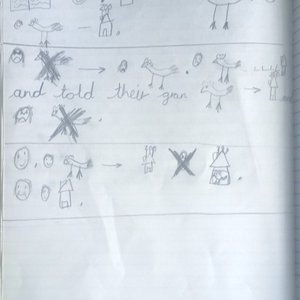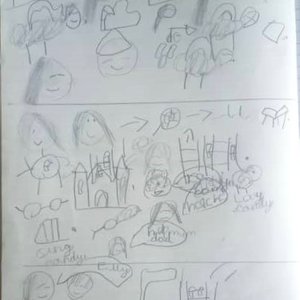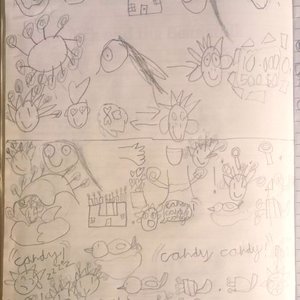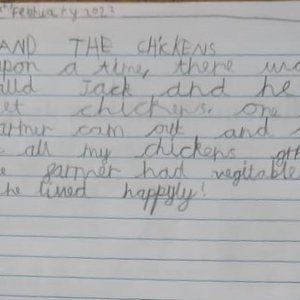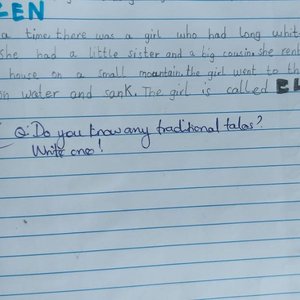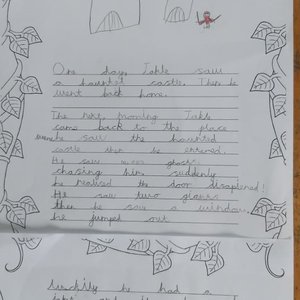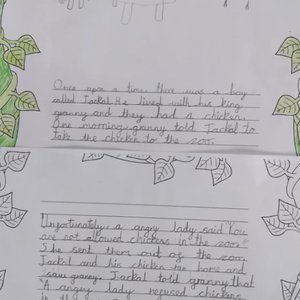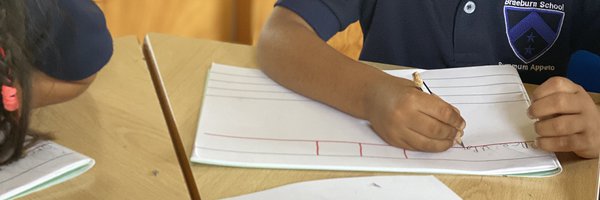
Deep Dive: Talk for Writing - Part 2
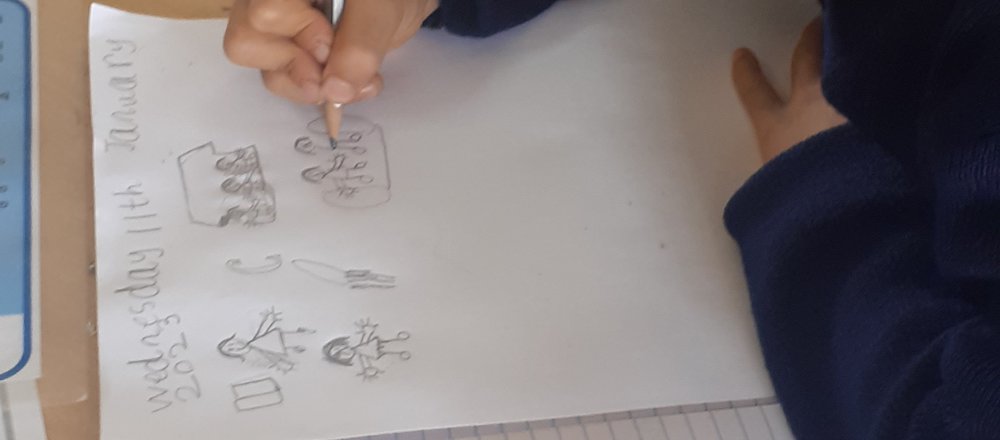
23rd March 2023
'Talk for Writing has the potential to dramatically improve students’ writing. The approach also offers students with learning and language difficulties an opportunity to develop stronger writing skills.’ - Dyslexia SPELD Foundation
Last week, we saw how the t4w approach was embedded in Early Years Fiction. Let's dive deeper and see how the approach progresses into KS1 fiction writing. The approach is already proving to be a great success and KS1 teachers Ms. Travas, Ms. Meyasi and Mrs. Christopher would tell you that ‘talk is vital to all parts of a young writer’s process because it creates a pathway for KS1 learners who may at times have wonderful ideas, but struggle to get their thoughts onto the page.’
‘Because there is a basis to imitate, it becomes easier for them (learners) to follow, they are aware of expectations, picture prompts make it easier to extend their stories. As a teacher, you know how to extend them and where to go with them.’ - Ms. Kombe (Braeburn Infant School Lead)
‘Can we play the tennis game again today? Boys against girls!’ - Year 2 student on one of the imitation activities.
Stage 1 - Imitation
A hook to engage the children and keep them in suspense takes place!
The model text is presented as a story map, using pictures and symbols…
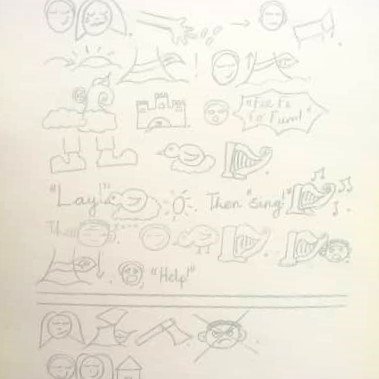
The children work alongside their teachers and create actions to accompany the oral retelling of the story.
'Encouraging children to talk and collaborate together…is an evidence-based research recommendation.' (Graham et al. 2012; Grossman et al. 2013; De Smedt & Van Keer 2014).
Activities to deepen the children’s understanding of the model text’s events, structure and the language used continue taking place throughout the unit.
‘You might come across a child who has a long story to tell but doesn’t quite know how to. The structure of the model text really helps them know how to structure their story.’ - Ms. Canute (BISA, EYK Teacher)
Stage 2 - Innovation
The class as whole begins to change aspects of the model text…
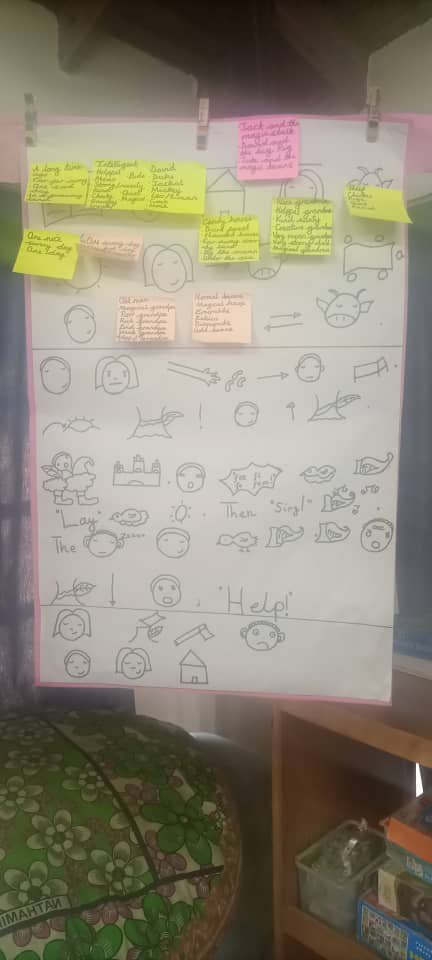
'A classroom rich in talk, where children are encouraged to tell others about… imaginative ideas their minds conjure up is the foundation of any high-quality writing program.' (Lamme et al. 2002; Tolentino 2013; Daniels 2014; Rowe 2018; Young & Ferguson 2020, 2021).
After modelling and involving the children in the innovation stage, the children are provided with an opportunity to innovate the story independently and use their endless imagination to come up with their own versions.
'Your class can have more stories and ideas for writing than you’ll ever know what to do with as long as you’re willing to give time for talking and sharing. Children regularly rely on talk for guidance, a model, expertise, assistance, and instruction.' (Wohlwend 2008; Kissel 2009).
Stage 3 - Invention
Using their story maps for guidance, children plan their stories and share them with the rest of the class.
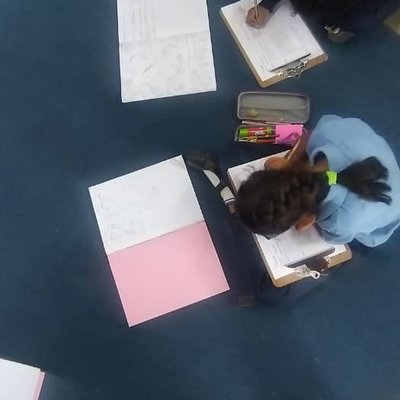
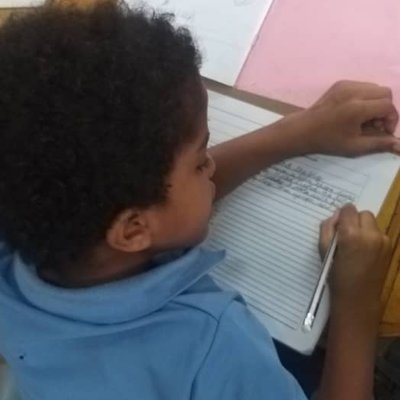
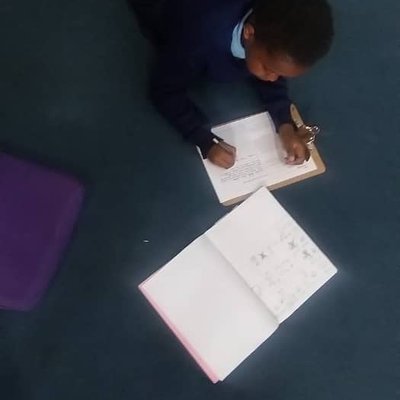
At this stage, teachers encourage the children to address their next steps in order to improve their writing.
’The vocabulary of the children has developed immensely. They are elaborating more from one sentence to longer texts.’ - Ms. Essaji (Braeburn Infant School, EY Teacher)
Beginning of unit cold task: Can you tell me a story you know?
‘Introducing and imitating keywords words has made texts longer.’ - Ms. Travas (Braeburn Infant, KS1 Teacher)
End of unit hot task: Can you tell me a story you know?
'You can SEE a difference from the cold to hot task!’ - Ms. Essaji (Braeburn Infant, EY Teacher)
‘BISA…Where the writing vibe is at!’ Come back next week for Part 3!
Mrs. Sarah Gasiano - EY & KS1 Literacy Lead





